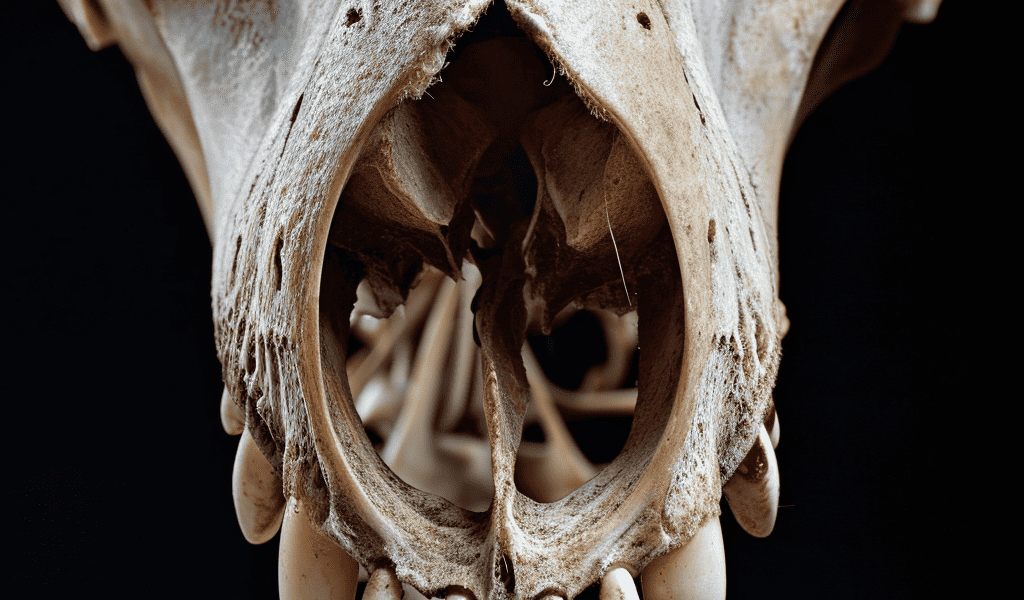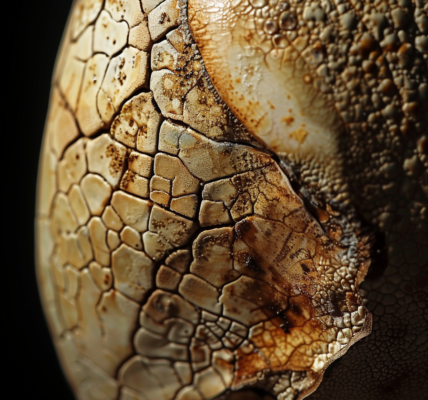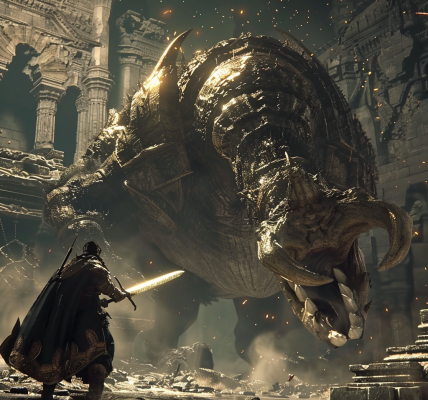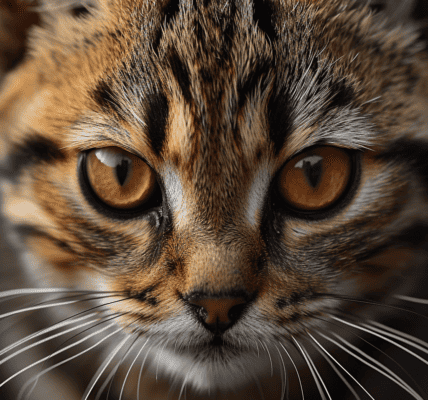A recent research paper published in Biology Letters has provided new insights into the evolutionary history of picrodontids, an extinct family of placental mammals. The study, co-authored by Jordan Crowell, an Anthropology Ph.D. candidate at the CUNY Graduate Center, Stephen Chester, an Associate Professor of Anthropology at Brooklyn College and the Graduate Center, and John Wible, Curator of Mammals at the Carnegie Museum of Natural History, challenges the long-held belief that picrodontids are primates.
For over 100 years, paleontologists have debated the classification of picrodontids, with many considering them to be primates based on the similarities in their teeth to those of living primates. However, the recent study, which utilized modern CT scan technology to analyze the only known preserved picrodontid skull, has revealed that they are not closely related to primates at all.
Jordan Crowell, who led the research, emphasized the significance of the findings, stating, “While picrodontids share features of their teeth with living primates, the bones of the skull, specifically the bone that surrounds the ear, are unlike that of any living primate or close fossil relatives of primates. This suggests picrodontids and primates independently evolved similarities of their teeth likely for similar diets. This study also highlights the importance of revisiting old specimens with updated techniques to examine them.”
Stephen Chester, the senior author of the paper and Crowell’s Ph.D. adviser, expressed his professional and personal interest in the research. The study not only settles a long-standing paleontological debate but also contributes to a clearer understanding of primate evolution.
The findings of this research have implications for the field of paleontology and underscore the value of employing modern technology to re-examine and reinterpret existing fossil specimens. As the study sheds new light on the evolutionary history of picrodontids, it opens up avenues for further exploration and research in the field of mammalian evolution.





